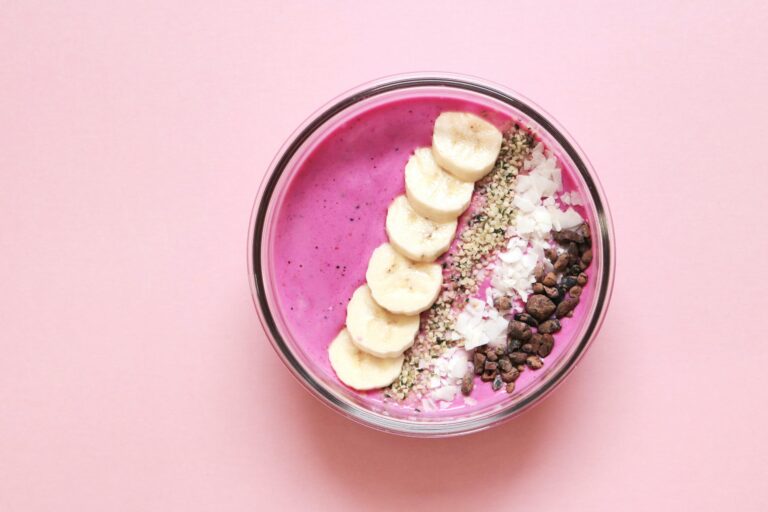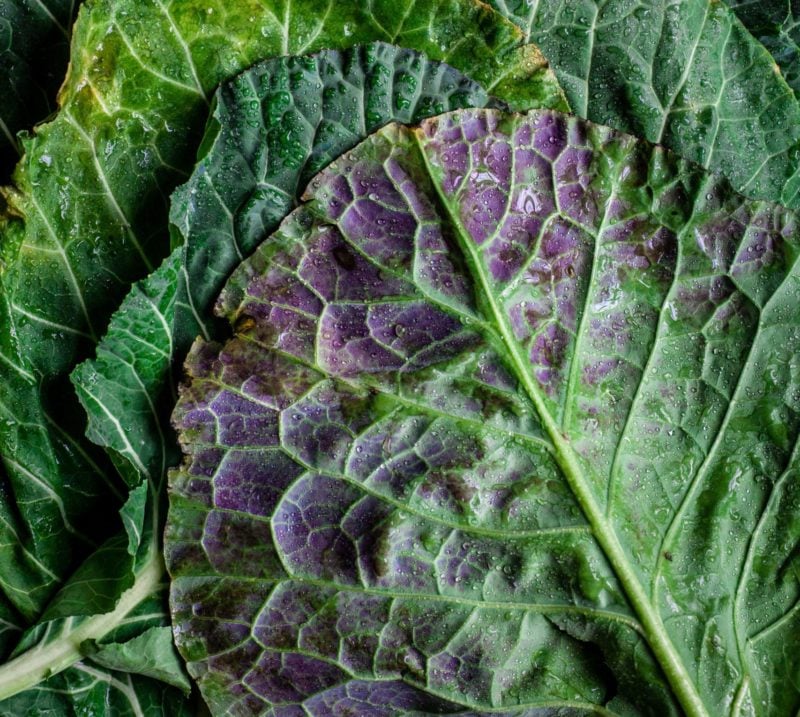While practising social distancing and staying home more than ever during the COVID-19 pandemic, it may be tempting to simply skip breakfast and opt for a cup of coffee instead. However, eating breakfast is also an important way to stay healthy and maintain your immune system function. If you have been planning to improve your diet, enhance your cooking skills or even lose a few pounds, learning about healthy breakfast foods will go a long way in helping you achieve these goals.
According to numerous scientific studies, people who eat breakfast tend to be healthier overall. Specifically, they are less likely to be overweight, and are at lower risk for several serious chronic diseases, including heart disease and high blood pressure. This could be because eating a healthy and filling breakfast prevents you from overeating and consuming too many calories throughout the day. In fact, one research study showed that people who eat breakfast are more likely to get their daily recommended nutrients than those who don’t.
In this article, we will discuss some nutritious and healthy breakfast ideas to help you stay healthy during the COVID-19 pandemic.
1. Scrambled eggs with vegetables
A nutritious and filling breakfast should incorporate foods rich in protein, fibre and healthy fats. Eggs are a good source of protein and are low in calories, while also containing beneficial fat, iron and other minerals and nutrients, such as riboflavin and selenium. Having some vegetables on the side will help you get your daily requirement of fibre and vitamins.
For instance, adding one cup of tomatoes and red or yellow peppers can serve as a great source of immune-boosting vitamins A and C. In addition, including mushrooms to this recipe adds many other important nutrients, such as magnesium, potassium, and zinc. Finally, having whole-wheat toast on the side will ensure a healthy dose of fibre, magnesium and vitamin B6.
2. Greek yogurt with granola and fruit salad
Yogurt is a great source of protein, which helps to reduce feelings of hunger and is a great food for weight control. Importantly, it also contains probiotics, such as Bifidobacteria, which helps to improve gut health and boost immune function. Specifically, Greek yogurt has a smooth and creamy taste, and also contains beneficial fats. Adding some granola will boost your nutrient intake of iron, selenium, magnesium, B vitamins and vitamin E.
Finally, adding some fruit to your bowl will add some fibre and essential vitamins and minerals. For instance, one orange contains 100% of the daily recommended intake (RDI) of vitamin C, and can serve as an important source of fibre, thiamine, folate and antioxidants. Conversely, one cup of strawberries or approximately two kiwis also contains the equivalent of the full RDI of vitamin C, as well as healthy doses of fibre.
3. Oatmeal with nuts and berries

A comforting bowl of oatmeal in the morning also has significant health and nutritional benefits. Oatmeal is naturally high in fibre and has a low glycemic index, meaning that it is slowly digested, absorbed and metabolised, resulting in a slower rise in blood glucose and insulin levels. Due to these properties, oatmeal helps you feel full longer and is, therefore, a great weight-loss food. In addition, it is a good source of magnesium, which has many beneficial properties for the body. Importantly, oatmeal lowers the bad cholesterol (LDL), helping to protect against heart disease.
Adding some berries such as blueberries, raspberries or strawberries to your oatmeal (fresh or frozen) will provide your daily dose of antioxidants and vitamins A and C. Finally, adding some nuts such as walnuts, almonds and cashews will provide some healthy fats, protein and omega-3 and omega-6 fatty acids, which play an important role in reducing inflammation and boosting immune system function.
4. Chia seed pudding with almond milk
Chia seeds are dense in nutrients compared to most other foods, making them a great breakfast option. High in healthy fats, iron, calcium and fibre, chia seeds are often referred to as a “superfood.” According to new studies, chia seeds are also a great source of omega-3 fatty acids and antioxidants. Similar to oatmeal and due to their high fiber content, chia seeds promote a feeling of fullness, helping in weight loss.
Using almond milk to prepare your chia seed pudding adds a source of plant protein and beneficial phytochemicals to your diet. Almond milk is low in calories and sugar, while providing a healthy dose of calcium and vitamin E. In addition, it is lactose-free, and can be a great option for individuals with dairy sensitivities.
Conclusion
Eating a nutrient-rich breakfast helps to refuel your body and replenish its energy resources, while boosting your metabolism for the day. In addition, eating a healthy breakfast has many other benefits, such as boosting brain function and prevents you from consuming too many calories during the day. And, of course, if you start your day in a healthy way with a nutritious meal, you are more likely to do the same for the rest of your meals and snacks.


















